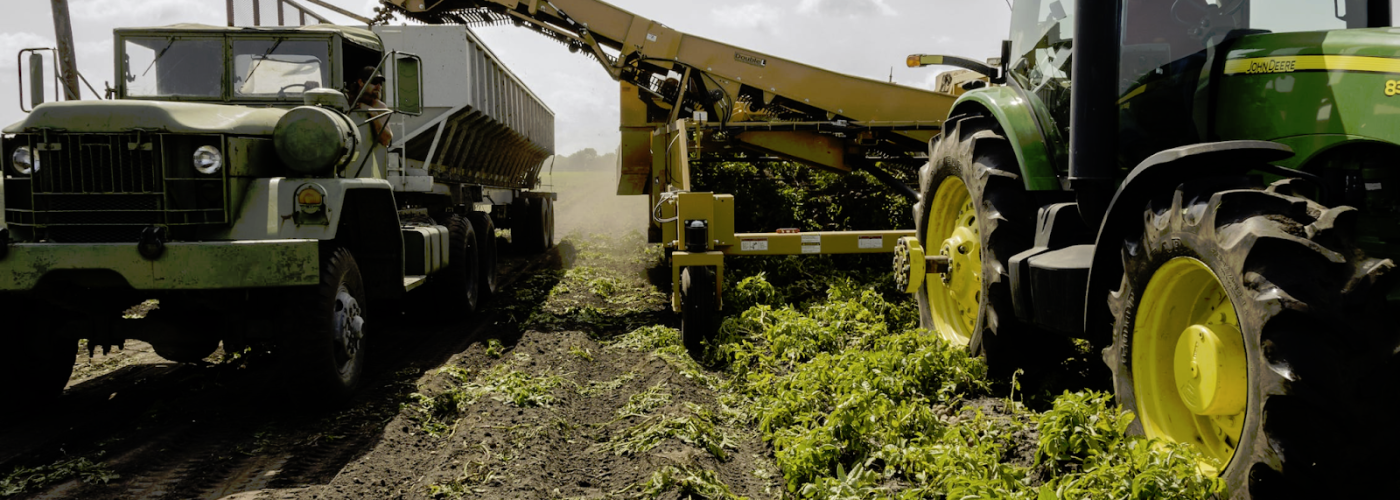Air quality is a public health issue, especially in urban areas where congestion can cause serious problems for pedestrians and residents.
You might assume that rules are not as strict in rural areas, since less traffic and lower population density should ensure air quality is not compromised, even by large agricultural vehicles.
The reality is that there are air quality regulations to comply with wherever you’re based, applying to farm trucks just as they apply to family SUVs and compacts. Let’s talk about why these rules matter, and how they are applied across the country.
The reasons behind air quality regulations
There are many motivating factors that are responsible for the creation of air quality regulations, and one of the main issues is cost. It’s estimated that illnesses caused by air pollution amount to a $150 billion impact on the economy annually.
From increasing the prevalence of asthma to catalyzing heart disease, the pollutants and particulates produced by combustion engine vehicles create or exacerbate all sorts of conditions.
There are technologies that can reduce air pollution, but it’s best to use these in combination with regulations to limit the emission of dangerous matter in the first place.
Different states have different regulations, e.g. CARB in California
As with many aspects of the law in the US, there are often sizable gulfs between how air quality regulations are managed and enforced from state to state.
The California Air Resources Board (CARB) is one of the most stringent bodies in this regard and regularly updates its rules to make commercial vehicles in particular greener.
Manufacturers track these changes and aim to keep up with the strictest regulations with new products, but you can still find CARB compliant trucks on the used market. That means you don’t have to spend a fortune to get compliant.
There’s also the Clean Air Act, which is used by the Environmental Protection Agency to hold states to account on legal minimums, and there is also the Clean Trucks Plan which will apply to heavy-duty trucks and other commercial vehicles sold nationwide starting in 2027.
Because of these differences, and the variations in how the federal-level regulations apply to depend on the age, size, and use of the vehicle, it’s worth researching your specific needs in depth to ensure you know about your own obligations in this regard.
Air quality is impacted by more than just trucks
Another point to make about air quality regulations is that sometimes there’s more at play than the rules laid down by the authorities when it comes to determining the amount of pollution that builds up in the atmosphere of a given state.
Utah is a great example of this, and it’s primarily down to the fact that the state is laced with mountain ranges, which act as natural barriers to polluted air, trapping it in place rather than allowing it to escape.
At the other end of the scale is Hawaii, a state with the best air quality overall, according to the American Lung Association. Again, the reasons for this are geographic, as the main issues it faces are dealing with the threat of volcanic eruptions.
Final thoughts
Making sure that farm trucks meet air quality regulations is important, because it may impact your ability to visit certain other states, depending on whether your vehicles are compliant.
As such it can be seen as a move that makes sense from a business perspective, rather than something that is solely about saving the environment. Even so, it’s still a socially responsible thing to do and will benefit the whole community as well.





